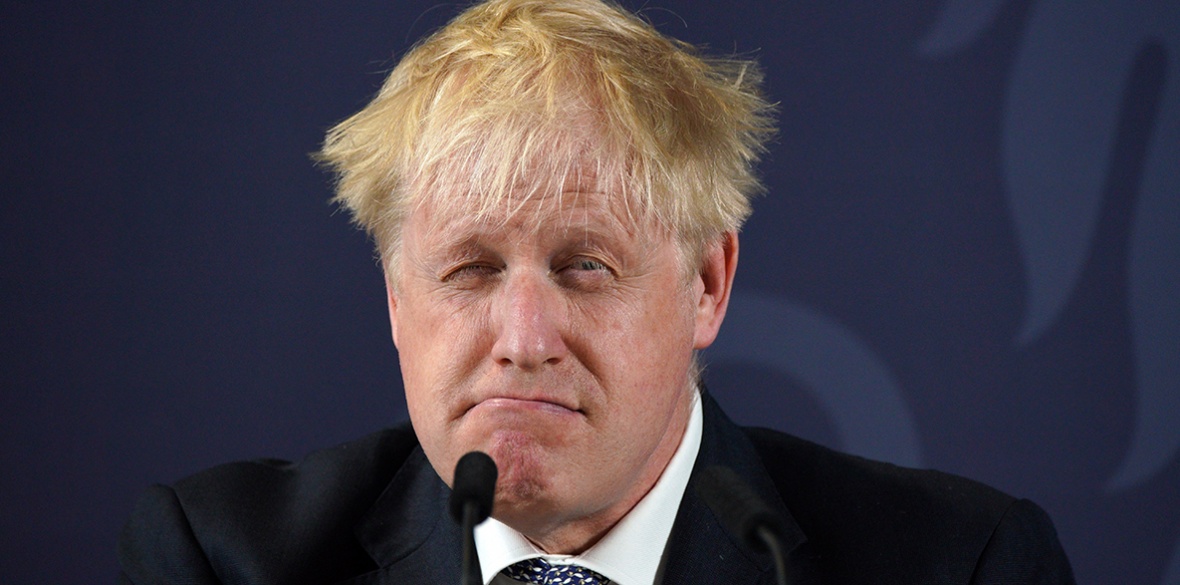WHO remembers the price commission? It was established by Edward Heath’s Conservative government in 1973 to combat inflation, alongside a pay board intended to curb wage increases.
Britain’s miners, engineers and dockers had defeated Heath’s earlier attempts to hold down so-called “wage inflation” with pay and anti-union laws, precipitating the first of Labour’s two general election victories in 1974.
Harold Wilson’s new administration abolished the pay board in favour of voluntary pay restraint and the “social contract” while retaining the price commission.
Compelling companies to limit price increases across a wide range of goods undoubtedly helped to soften the impact of soaring Middle East oil prices. Despite the price commission’s woeful timidity, inflation was cut by almost two-thirds between 1975 and 1978.
Naturally, big business hated such statutory restraints on profiteering and the price commission was swiftly abolished by Margaret Thatcher’s monetarist regime in 1980.
Ex-commission chair Frank Cockburn was rewarded with a knighthood and then a lordship while going on to be a Tory minister and EU commissioner for the internal market.
Ever since, any talk of generalised price controls has been banished from mainstream political circles in Britain.
Neoliberalism, monetarism and anti-trade union legislation have become the order of the day.
University economics departments have been turned into “business schools” that preach only the one-sided sermons of supply-side economics.
Where the remnants of price control policy still operate, as with the useless Ofgem in the retail energy market, they are tokenistic and largely ineffectual.
Now inflation has returned to Britain with a vengeance, stoked by enormous hikes in gas, electricity, petrol, food and transport prices.
As Prime Minister Johnson demonstrated today, all kinds of ameliorative measures are mentioned except the one that would have the biggest, most immediate impact: price controls.
So the energy and retail monopolies will continue to make a killing. On the petrol forecourts of giant corporations such as Shell, BP and the supermarket chains, retail prices are growing at twice the rate of wholesale costs. Last month’s 5p per litre cut in fuel duty has not been transferred as intended to motorists.
Oil company profits have doubled and trebled in just 12 months, reaching an eight-year high in the case of BP.
The big food producers and retailers are passing their increased costs onto consumers, with added interest. Over the past financial year, Sainsbury’s profits have doubled and Tesco’s have trebled.
Today, Tate & Lyle announced a 14 per cent rise in its yearly profit to £145 million and a special dividend to shareholders totalling £500m. So much for the claim that higher profits are needed for higher investment.
Cuts in excise duties, import tariffs and VAT will do nothing to help consumers unless they deliver lower prices. Windfall tax revenues can be put to good use, but they are also an incentive for companies to raise prices.
Only statutory price controls on specific strategic and essential products will curb rapacious price increases.
Of course, other measures would also be necessary to counteract a corporate counter-attack. In the past, faced with price controls, companies have tried to cut staff costs and the quality and quantity of their products in order to maintain and ramp up profits.
That is why the labour movement urgently needs to formulate and campaign for an alternative economic programme that proposes not only price controls but also higher taxes on profits and wealth, selective public ownership and a regional economic development policy, backed up by a Trade Union Freedom Act.











